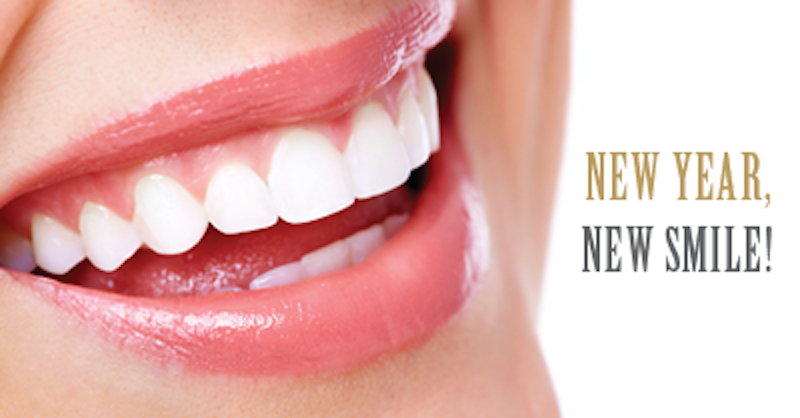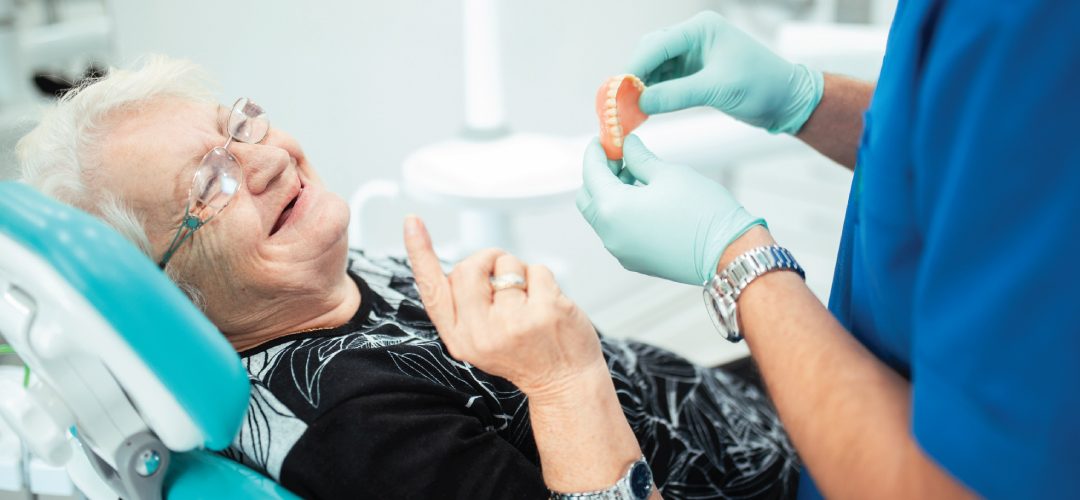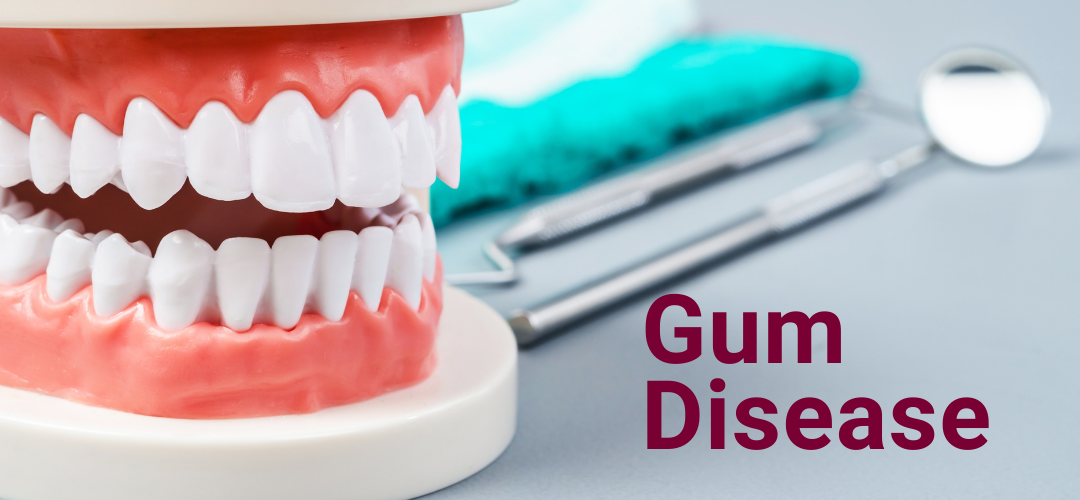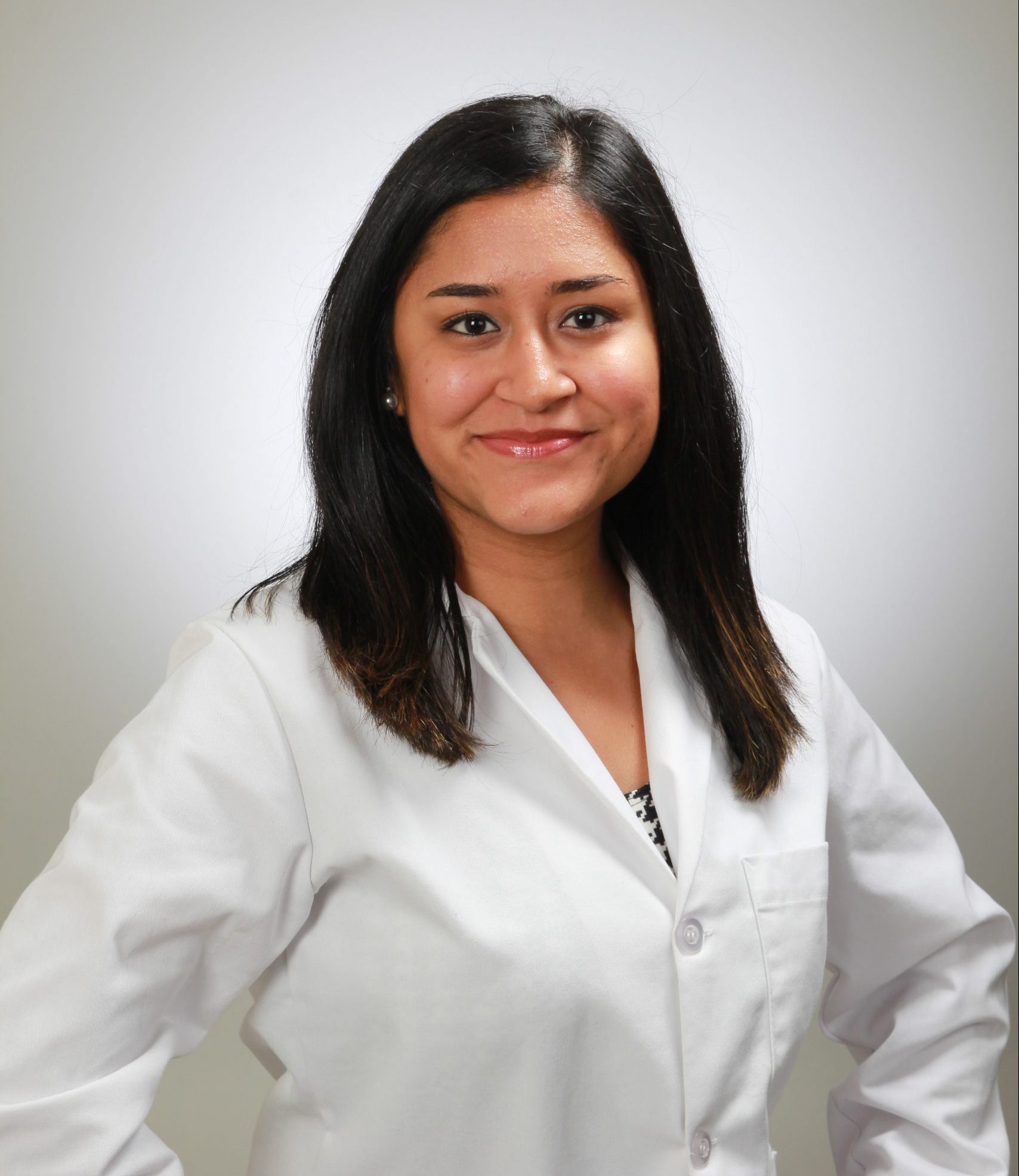by Roseman Dental | Apr 19, 2022
Compassionate and specialized oral health careDental care for children undergoing treatment for life-threatening conditions, including childhood cancer, blood disorders, and rheumatological diseases, and their families. Orthodontic ScreeningOffering complimentary...

by Roseman Dental | Dec 14, 2021 | Dental Clinic Blog
It’s that time of year again, when everyone starts thinking about how they will improve themselves or their situations in the next year. If you’re like the majority of the population, you’ve set a New Year’s resolution to get in shape and eat healthier this year. While most people set this resolution as a way to lose weight, did you know eating a healthy diet is also one of the best things you can do for your oral health?
The Effects of Poor Nutrition
An unhealthy diet affects the body in lots of different ways. It increases the risk of chronic illness such as diabetes, heart disease, and cancer, and weakens your immune system. These chronic illnesses and a weak immune system also increase the chances of developing gingivitis, gum disease, and other oral health complications.
Since the mouth is the first point of contact for food and drinks, sugary treats and drinks can also increase the risk of developing cavities and gum disease. Regularly eating unhealthy foods can cause inflammation or chronic conditions that contribute to poor health overall.
On the flip side, eating healthy foods that are high in vitamins and minerals, such as fruits and vegetables, can improve your immune system and protect your mouth from disease. According to the American Dental Association, studies show a correlation between people who have lost teeth or wear dentures and those who don’t eat as many fruits or vegetables or tend to have less nutritious overall eating habits.
Partner with your Dentist
The mouth is one of the first places where signs of a poor diet are detectable. Your dentist is one of the best resources to help keep your mouth healthy and identify tips for healthy eating. A great way to begin your “healthy diet” New Year’s Resolution is with a visit to your dentist. Go for a cleaning and check-up, and ask your dentist to help you identify ways you can improve your diet to improve your oral health.
Scheduling regular cleanings and check-ups with your dentist at the recommended six-month intervals can also keep you accountable all year for your resolution to eat healthy. The Dental Clinic at Roseman University offers affordable dental care in the Salt Lake valley for people who don’t have a dentist or for those who are under or uninsured.
For tips on what to eat, MyPlate from the Center for Nutrition Policy and Promotion at the U.S. Department of Agriculture can help you plan a balanced diet consisting of fruits and vegetable, whole grains, low-fat dairy, and lean protein.
This year, make a resolution to eat healthier, and develop a plan to follow through. Your body, and your mouth, will thank you.

by Roseman Dental | May 10, 2021 | Dental 360, Dental Clinic Blog, Roseman Dental - NV, Roseman Dental - UT

by Roseman Dental | Apr 12, 2021 | Dental 360, Dental Clinic Blog, Roseman Dental - NV, Roseman Dental - UT
Parkinson’s Disease, also known as PD, is a nervous system disorder that affects movement. PD is considered a diverse disorder that develops slowly over time and is different for everyone – no two people experience PD in the same way. Approximately 60,000 Americans are diagnosed with PD each year and over 10 million people worldwide are living with it.
Although PD is a nervous system disorder, it complicates oral health for those diagnosed with this disease. PD’s movement symptoms can interfere with an individual’s ability to maintain oral hygiene because PD affects the health of the mouth, teeth, and jaw.
Parkinson’s Disease Dental Issues
Rigidity, Tremors, Dyskinesia, Fatigue & Anxiety
Rigidity, tremors and dyskinesia symptoms related to PD can make it very challenging to brush your teeth. These symptoms of PD have also been known to cause cracked teeth, tooth wear, tooth grinding and denture issues. Fatigue, anxiety and tremors symptoms related to PD can make traveling to the dentist, sitting still in the dentist’s chair, or opening your mouth wide for the dentist very challenging.
Dental Caries (Tooth Decay)
Dental caries, also known as tooth decay, is damage to a tooth that can happen when decay-causing bacteria in your mouth make acids that attack the tooth’s surface, or enamel. This can lead to a small hole in a tooth, called a cavity.
Periodontal Disease (Periodontitis or Gum Disease)
Periodontal disease, also known as periodontitis or gum disease, begins with bacterial growth in your mouth and may end with tooth loss due to destruction of the tissue that surrounds your teeth, if not treated properly.
Sialorrhea (Drooling or Excessive Salivation)
Sialorrhea, also known as drooling or excessive salivation, is mostly caused by poor oral and facial muscle control. Contributing factors may include hypersecretion of saliva, dental malocclusion, postural problems, and an inability to recognize salivary spill. Sialorrhea causes a range of physical and psychosocial complications, including perioral chapping, dehydration, odor, and social stigmatization, that can be devastating for patients and their families.
Xerostomia (Dry Mouth)
Xerostomia, also known as dry mouth, results from reduced saliva flow. Dry mouth can increase the chance of cavities.
Additional dental health issues that may occur for individuals diagnosed with PD include orofacial pain and burning mouth syndrome, mastication disorders, bruxism, and subjective taste impairment.
Parkinson’s Disease Dental Visit Tips
Going to the dentist when you have PD or taking someone with PD to the dentist can be stressful. The Parkinson’s Foundation has some great tips to make dental visits less stressful for everyone.
- Call first to make the office aware of your PD symptoms. This will help the dentist and the staff provide better treatment.
- Schedule wisely. Plan short dental appointments for the time of day your symptoms are most effectively controlled.
- Give the dentist the details of your overall health. Someone on staff should record vital signs upon arrival.
- Tell the dentist if you are taking MAO-B inhibitors (rasagiline and selegiline), as these may interact with anesthetics.
- Consider replacing old fillings, crowns and bridges, and ill-fitting dentures or mouth guards during the early stages of PD. Dental visits may become more difficult as PD progresses.
Maintaining Good Dental Health with Parkinson’s Disease
It is very important to maintain good dental health when diagnosed with PD. As the disease progresses, it is often up to the caregiver or family member to take the responsibility of oral hygiene because the individual with advanced PD can no longer perform adequate oral self-care. Start now and make it a habit to visit the dentist regularly (every six months). Schedule an appointment today with Roseman Dental.
Nevada Location
Utah Location
Treating Parkinson’s Disease at Roseman Medical Group (Nevada Based)
At Roseman Medical Group (RMG), the Nevada based clinical practice of Roseman University’s College of Medicine, has expert neurologist, Eric Farbman M.D., dedicated to treating Parkinson’s Disease and a variety of other neurological disorders. Roseman University is a site for the Parkinson Study Group and currently has studies for patients with many different degrees of Parkinson’s Disease, from newly diagnosed to advanced. The University is waiting to start a study for multiple system atrophy, an atypical Parkinson-plus disorder with no current treatments, as well as an essential tremor study.
RMG also performs more aggressive treatments for Parkinson’s Disease. Dr. Farbman currently manages over 200 deep brain stimulator (DBS) patients for a variety of medical conditions including Parkinson’s disease, essential tremor, and dystonia. For those who are unaware of this treatment, it is essentially a pacemaker for the brain. This treatment can be particularly helpful for involuntary movements and dystonia, especially when maximal oral medical treatment has been provided. There is now a levodopa pump that can be prescribed for Parkinson’s Disease patients as well, and botulinum toxin injection has been a longstanding therapy for dystonia.
The neurologists at RMG provide empathic, patient-centered, evidence-based care. If you have a friend or family member who suffers from Parkinson’s Disease, let RMG’s expert neurologists help! Contact RMG today! If you’d like to learn more about Parkinson’s Disease, click here.

by Roseman Dental | Feb 23, 2021 | Dental Clinic Blog, Oral Health, Roseman Dental - NV, Roseman Dental - UT
Gum disease is caused by repeated attacks of the bacteria that live in dental plaque. Plaque is what builds up on our teeth after bacteria mix with sugars from the food we eat. The bacteria release acids and cause a sticky film to form. This layer can harden over time if we do not brush or floss at appropriate times. If plaque is left unattended for extended periods of time, it can start to degrade enamel, the outer layer of the tooth.
What Causes Gum Disease?
Some factors that cause gum disease are poor oral hygiene, a high sugar diet, frequent alcohol consumption, long-term tobacco use, diabetes mellitus, cancer, fluctuating hormone levels, and some others. There are three stages of gum disease – gingivitis, periodontitis, and advanced periodontitis.
What is Gingivitis?
Gingivitis is a type of gum disease where some presence of inflammation, redness, swelling, and bleeding occur, especially during brushing and flossing. The most common cause of gingivitis is poor oral hygiene which can lead to an accumulation of plaque. Gingivitis, however, can be reversed by maintaining a frequent routine of brushing at least twice a day and flossing daily.
What is Periodontitis?
Periodontitis is the intermediate stage of gum disease. In this stage, supportive bone and cartilage tissue deteriorate. Additionally, gum pockets start to develop, and plaque begins to deposit in the pockets below the gum line. To maintain the health of gum tissues in this stage, periodontal treatment such as scaling, and root planning are necessary to remove the plaque from deep pockets under the gum line.
What is Advanced Periodontitis?
If periodontitis is not maintained, it can progress to advanced periodontitis. In this stage, more bone is destroyed and cannot be reversed. Teeth may even be lost or shifted out of place. There are more aggressive forms of treatments which need to be done in this stage; without periodontal treatment, the teeth will likely require extraction. One of the treatment options for advanced periodontitis is flap surgery where the pocket size is reduced to maintain healthy gum tissue. Another treatment that can be done is bone grafting which prevents tooth loss by helping hold the tooth in place. The bone graft can be synthetic or may be composed of small fragments of the patient’s bone.
How can I Reduce my Chances of Gum Disease?
To prevent or reduce your chances of gum disease, you can incorporate the following measures in your lifestyle:
- Brush your teeth at least twice a day
- Use a soft bristled toothbrush or an electric toothbrush – they’re more effective at removing plaque
- Floss every day
- Use a mouth wash to help reduce the accumulation of bacteria and plaque eventually
- Schedule regular dental cleanings with your dentist – every six months (twice a year)
Gum disease can often lead to severe problems. The preventative measures listed above are ample ways of preventing gum disease. While maintaining a frequent oral hygiene routine is important, it’s extremely important to visit your dentist for regular cleanings every six months (twice a year). The cleanings provided by your dentist will help remove any remaining bacteria or plaque – leaving you with a healthy, bright smile!
For affordable, high-quality dental care in Henderson, Nevada or South Jordan, Utah contact Roseman Dental and Orthodontics.
Nevada Location
Utah Location
Article by Tanisha Khurana

Tanisha Khurana
DMD Candidate Class of 2023
Roseman University College of Dental Medicine
ASDA Chapter Fundraising Chair
Pediatric Club Outreach Coordinator











